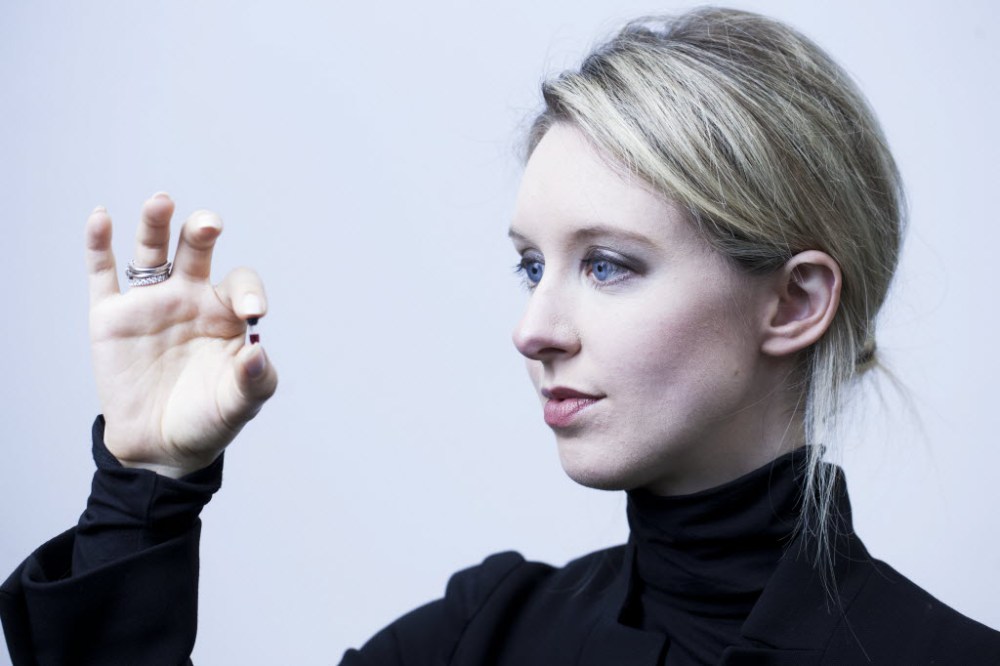Much has been written in the past year about the dynamic Elizabeth Holmes and Theranos, her bold quest to overhaul the $60 billion blood taking and analysis business. Holmes’ twist: requiring only one drop of blood vs. many vials for a battery of tests using Theranos’ proprietary hardware and software. The 10-year-old startup – valued at $9 billion on $400 million in raised capital – remains in quasi-stealth mode, testing its proof-of-concept in its Theranos Wellness Centers inside a Walgreens in Palo Alto, Calif., and a number of them around Phoenix.
So when is the bloody revolution happening? Theranos remains quiet on its timetables, but analyst Eric Lakin of DeciBio consulting in Los Angeles has been following the company’s prospects closely and thinks a new Arizona law could give Theranos the green light it needs to change bloodwork from an uncomfortable doctor-mandated chore to a routine, patient-driven health check.
“Arizona House Bill 2645, signed into law earlier this week by Governor Doug Ducey, will allow Arizona residents to receive blood tests directly from licensed labs without a doctor’s order,” Lakin writes on DeciBio’s blog. “While Arizona residents could order a limited number of tests under previous legislation, this new law would permit customers to access any test offered by (any of the nation’s 251,000 federally certified labs). This law could be pivotal for Theranos, which aims to enable patients to access their health information at the time it matters. As more progressive laws loosen old-fashioned restrictions around patient access to health data, the implications for a ‘consumer health company’ such as Theranos are tremendous.”
Among other recent Theranos news, in early March the company announced it would be partnering with the Cleveland Clinic to introduce its technology into its operations. And a week later, Theranos board member and former secretary of state George Shultz revealed at a Stanford University conference with Holmes that the company was seeking Food and Drug Administration approval for an early-stage Ebola test.
At the conference, Holmes passionately made her case for why she dropped out of Stanford to single-mindedly pursue her vision: “I often talk about (people being able to) buy guns and shoot themselves, yet the ability to have access to their own health information is somehow considered dangerous.”
By Marco Della Cava

